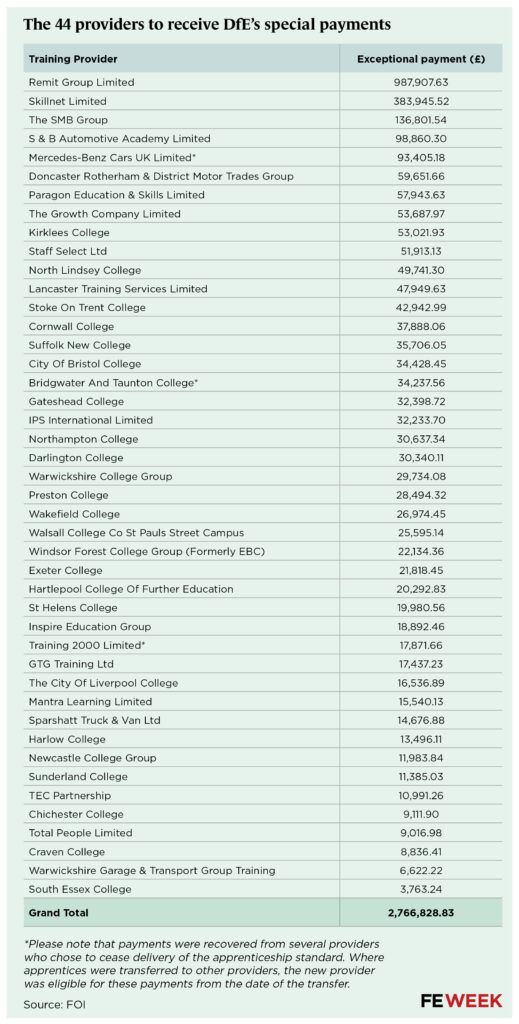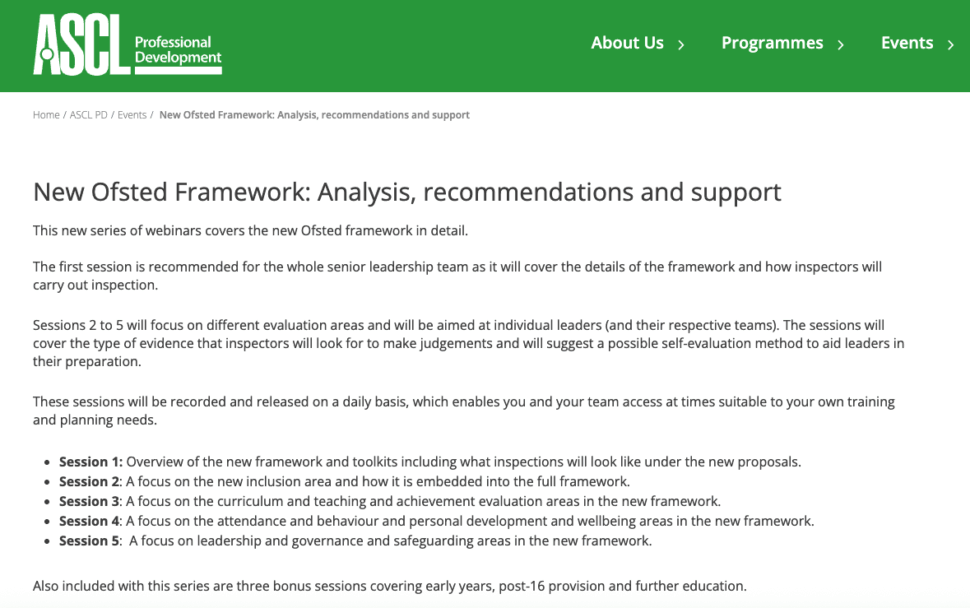Reoffending is likely to get worse due to cuts of up to 50 per cent to prison education services, the chief inspector of prisons has warned.
Charlie Taylor said today that “devastating” real-terms cuts of at least 20 per cent to prison education services in most jails are likely to worsen already “appallingly high” reoffending rates.
Prison governors are facing severe reductions under new prison education contracts, which started on October 1, resulting in teaching staff redundancies and courses being shut down.
Taylor issued the warning on funding today alongside a report on work and training in adult prisons, which highlighted long-running concerns about “atrocious” attendance of 67 per cent on courses, a lack of training places, and demoralised teaching staff.
Ministry of Justice (MoJ) officials have told the chief inspector that the funding reductions at each prison are at least 20 per cent, FE Week understands.
The higher reports of cuts of up to 50 per cent are understood to have been reported to Taylor by individual prison governors.
Writing in today’s report, ‘just passing time’, the chief inspector said the prison service is failing to protect the public by making prisoners less likely to reoffend.
He added: “With two-thirds of prisoners not in work or training six months after release, there is little doubt that many have left jail and returned to criminality, causing mayhem in their communities and creating more victims of crime.
“Too many prisoners are spending their time in jail lying on their beds watching daytime television, often under the influence of drugs.
“Until leaders in the prison service take the provision of high-quality education and training more seriously, it is hard to see how appallingly high reoffending rates can be reduced.”
The chief inspector’s report found only a “small number” of prisons currently offer high-quality training, with few offering “meaningful qualifications” or progression opportunities.
Many can’t provide the full-time activity spaces for their population due to a lack of workshop space or instructors, resulting in “large proportions” of prisoners locked in their cells during the day.
Overall, Ofsted judged 26 of the 38 prisons inspected in 2024-25 as ‘inadequate’ or ‘requires improvement’ for education, skills and work activities.
It comes as prison education providers across the country start contracts worth up to £1.5 billion after a delayed two-year procurement process.
Lord Timpson, minister for prisons, probation and reducing reoffending, said: “I welcome this report and the challenges it brings. We inherited a crisis, and it is our job to not just sort the problem, but to create a justice system that is both sustainable and does its job of reducing reoffending.
“I have been involved in employing prisoners for over 20 years, and can confirm that we need prisons that work in giving offenders the tools they need, so when they are out of prison, they stay out.
“We have already done a lot to improve our prisons, but given the scale of the crisis we inherited, there is clearly an awful lot more that still needs to be done.”
A MoJ spokesperson said prison governors were told what their education and training budgets would be from this month to March 2027 in April this year.
University and College Union head of further education Paul Bridge said: “This latest report into the parlous state of prison education is another savage indictment of the failure of the MoJ’s stewardship of prison education.
“We welcome the positive comments made about the essential role of our members in delivering front-line prison education, but this is not the full picture.
“The latest prison education service contract will further compound the failings highlighted in the report, rather than address them.”
Courses in functional English and maths, IT, hospitality and catering have all been cut, Bridge added.




